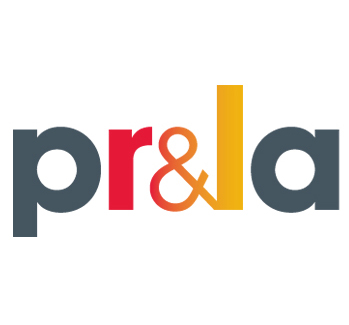What made you want to become a state legislator?
I grew up as the son of a small-town pastor. I learned about service and how to love people from my parents. I found my calling early in life and always knew that I would live a life of government service. Serving my neighbors, friends, family, and the community my family has called home for many generations is so rewarding and the best job I could ask for.
You have been in office since 2004, how have things changed in Pennsylvania politics/the legislature since then? Have these changes been for the better or worse?
Things have changed dramatically in politics and the legislature over the last 13 years. Six months after I was elected came the infamous pay raise, giving birth to a tumultuous era in the Pennsylvania legislature that remains today. Many changes that have resulted from this time are positive. Greater government transparency, turnover in the legislature and member-driven legislative agendas have been positive. The unsettled nature of politics and the polarization in politics has led to a difficulty to govern. It had given rise to viciousness that a majority of us serving in elective office find detestable. That viciousness seems to have risen from the media and the factions on both sides of the political spectrum. It takes people in elective office with a passion for public service to endure serving in the constant critique elected officials find themselves subjected to.
As the Chairman of the House Labor & Industry Committee, what priorities do you have this year?
Sometimes legislative priorities are not the issues we would choose to work on in a vacuum. My top priority this year is to work with my colleagues to right-size the administration of our Unemployment Compensation (UC) system in Pennsylvania—and provide long-term stability for the system that both claimants and employers must deal with. As your readers may know, the Department of Labor and Industry received four years of temporary supplemental funding to operate the UC system. Unfortunately, the department came to rely on this funding for operational purposes, and they laid off hundreds of UC employees when the funding was not extended in 2016—creating major service disruptions for unemployed Pennsylvanians. I worked with my Senate counterpart (Sen. Ward) to provide $15 million in stopgap funding, but we have to stabilize the system with a long-term solution.
My other priorities—those that I would prefer to be working on—revolve around improving Pennsylvania’s business climate. The House Labor and Industry Committee has passed reforms to the Workers’ Compensation Act that would require an evidence based drug formulary to be used in Workers’ Comp and would reform the dispute resolution process for medical utilization. This legislation, Rep. Mackenzie’s HB 18, is supported by a wide variety of public and private employers, including the PRLA. The committee has also held a hearing on legislation to restrict UC eligibility in cases where a worker was fired for cause or voluntarily quit his job for a reason that was unrelated to the employment. I believe that legislation of this nature will help to clarify the purpose of our UC system—which I believe is to help those employees who are truly unemployed through no fault of their own.
Across the country, states and cities continue to go to extremes when it comes to labor law—$15 minimum wage, eliminating the tipped wage, mandating leave, and even dictating how businesses should create their staff work schedules. Do you think these issues should be tackled by local governments, the state, or should government stay out of these types of business decisions?
As one of the few House members who opposed the last increase in the state minimum wage (in 2006), I generally oppose governmental interference in the employer-employee relationship. To the extent government is going to regulate this relationship, for better or worse, these policies should be made on a statewide basis. Pennsylvania has laws that place restrictions on municipalities who attempt to regulate firearms or create their own set of traffic offenses. We have these restrictions to prevent Pennsylvanians from having to tiptoe through a patchwork of confusing local standards. Labor policies should not be any different—employers and employees need a consistent standard across the state to follow.
What other priorities, outside of labor issues, do you have right now?
Every legislator has pet projects and legislative initiatives that they would love to see accomplished. Our fiscal challenges and those factors that drive them truly overshadow all those initiatives. Getting our fiscal house in order and fixing huge cost drivers, like public pensions, are what matter for the future of our Commonwealth and the next generation of taxpayers. •
Rep. Rob Kauffman
Majority Chairman, Labor & Industry Committee













